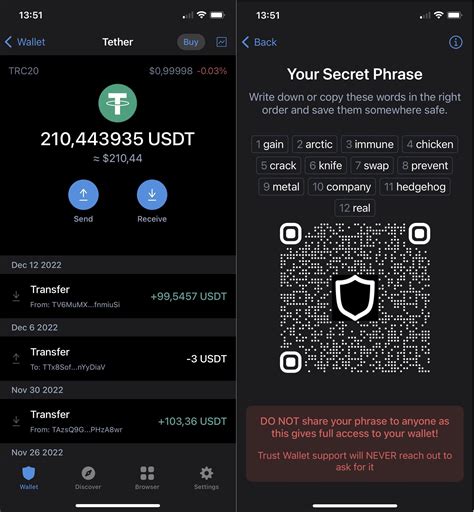The Ownership Paradox: Bitcoin Exchanges and the Question of Holding Bitcoins
While the value of bitcoin continues to fluctuate wildly over the past few years, there is one question that remains at the heart of the digital currency ecosystem: do bitcoin exchanges own the bitcoins they trade? In this article, we will dive into the details of how these exchanges work and what happens when you place an order to buy bitcoin.
The Basics: What Is a Bitcoin Exchange?
A cryptocurrency exchange is an online platform that allows users to buy, sell, or trade cryptocurrencies like bitcoin. These exchanges act as intermediaries between buyers and sellers, facilitating transactions without directly owning the underlying assets.
When you create an account with a bitcoin exchange, you are essentially creating a brokerage firm where you can hold and transfer your bitcoin balances. This means that the exchange will hold custody of your bitcoins on your behalf, allowing you to buy or sell them at prevailing market prices.
Bitcoin Retention: The Concept
Now, let's address the question of whether exchanges need to hold enough bitcoins to cover all "buy" transactions. In a way, this is true: an exchange must hold enough stock to ensure it can fulfill orders and meet customer demands without having to sell or transfer its own bitcoins.
To illustrate this concept, imagine you place an order to buy 1 million bitcoins at $10,000 per coin. The exchange would need to hold approximately 10 million bitcoins (10,000 coins * 1,000) in reserve to cover all potential transactions. This is known as the "holding requirement."
How Exchanges Work
When a customer places an order to buy bitcoin on an exchange, the platform will typically:
Verify Customer Identity: The exchange will request identification and verification of the user's account information.
Calculate the purchase amount
: Based on market conditions, the exchange will calculate how many coins it needs to hold in reserve to fulfill the customer's order (the holding requirement).
Settle the transaction: Once the exchange has verified the customer's identity and calculated the required holding amount, it will execute the transaction, purchasing the bitcoin at the agreed price.
Transfer the remaining bitcoins: After the order is completed, the exchange will transfer the remaining bitcoins to the customer's new balance.
Do exchanges need to hold bitcoins?
The answer is no: exchanges are not required to hold a specific amount of bitcoin for all transactions. The holding requirement is a matter of operational policy and risk management, rather than regulatory or compliance requirements.
In other words, exchanges can choose their own policies regarding holding requirements based on factors such as market volatility, customer demand, and operational efficiency. This means that some exchanges may require customers to hold more bitcoins in reserve compared to others, while still fulfilling orders without having to sell or transfer their own assets.
Conclusion
The relationship between bitcoin exchanges and the ownership of your trading bitcoins is complex and governed by operational policies rather than regulatory requirements. While it is essential to understand how exchanges work and what happens when you place an order to buy bitcoin, it is also critical to note that these platforms are not required to hold all of your own assets.
As with any investment or asset, it is wise to conduct thorough research, set clear expectations, and carefully manage risk before engaging in cryptocurrency trading.